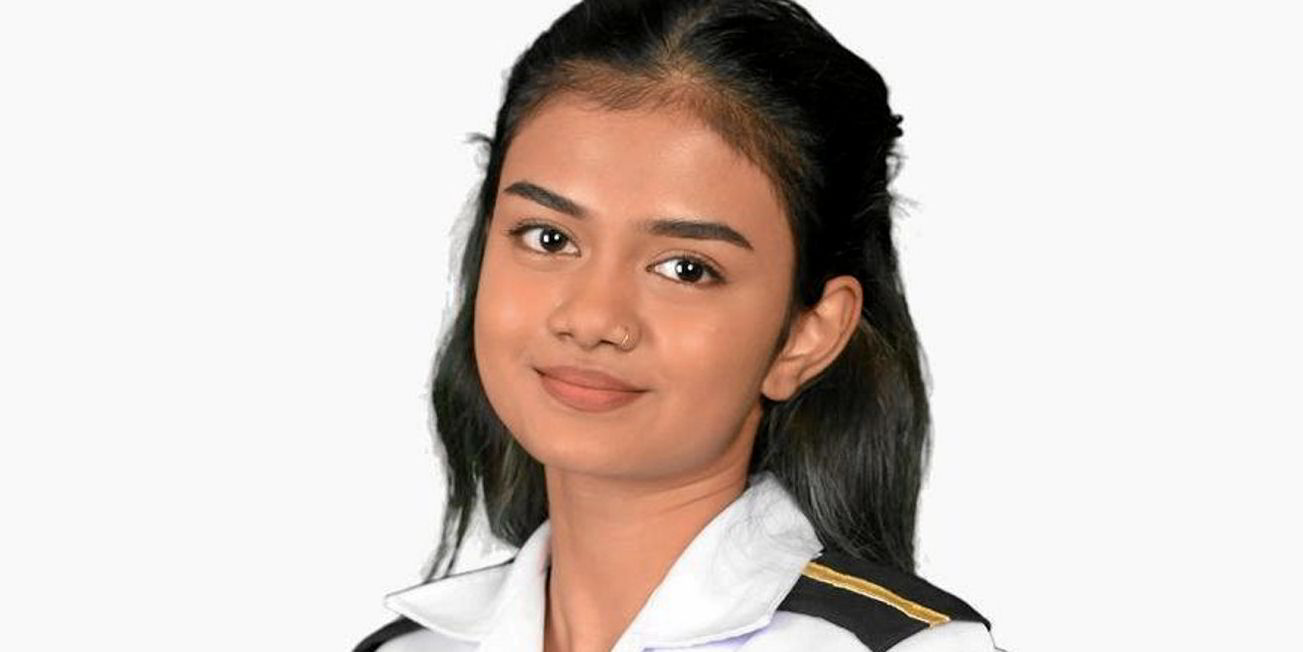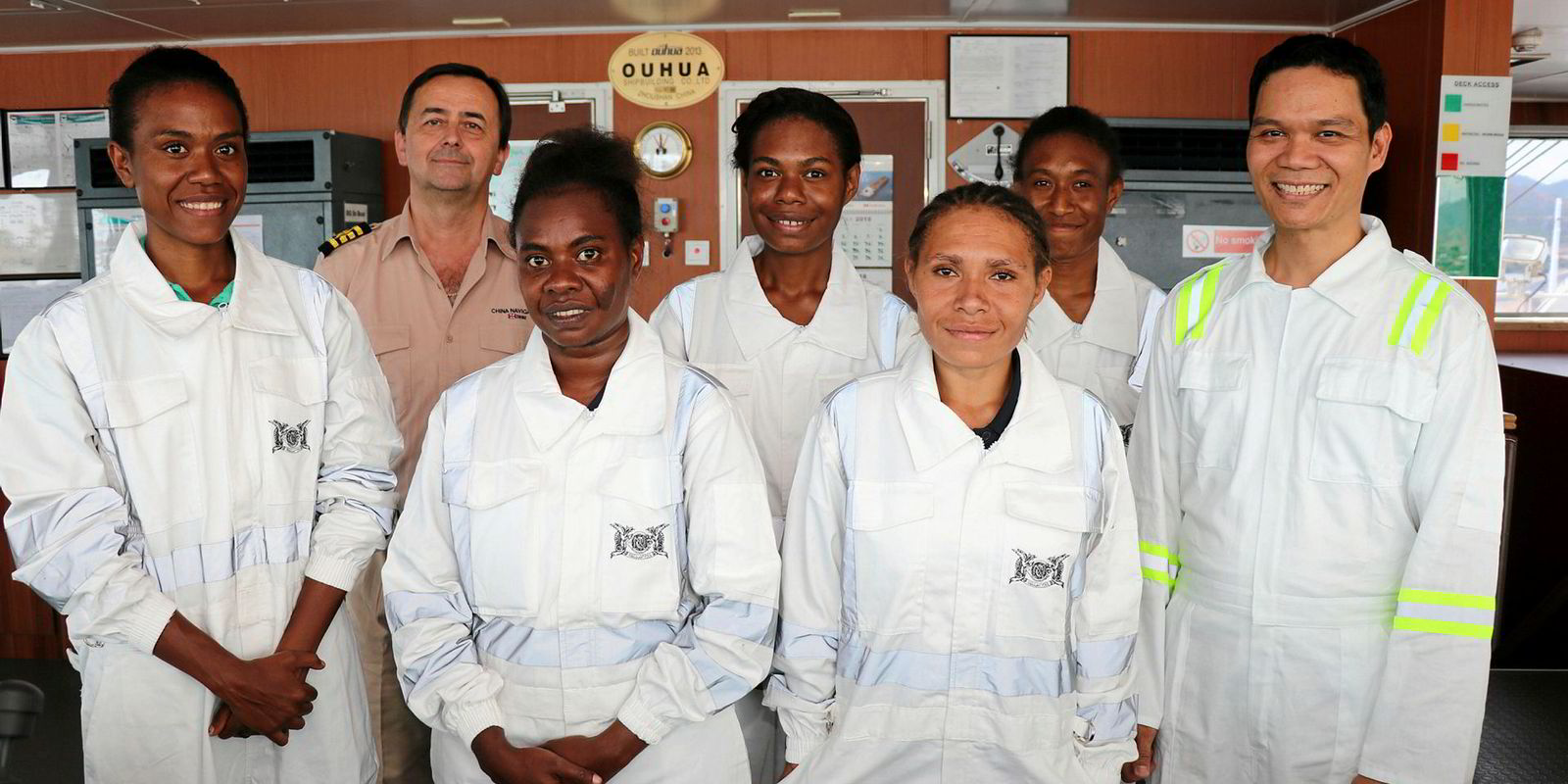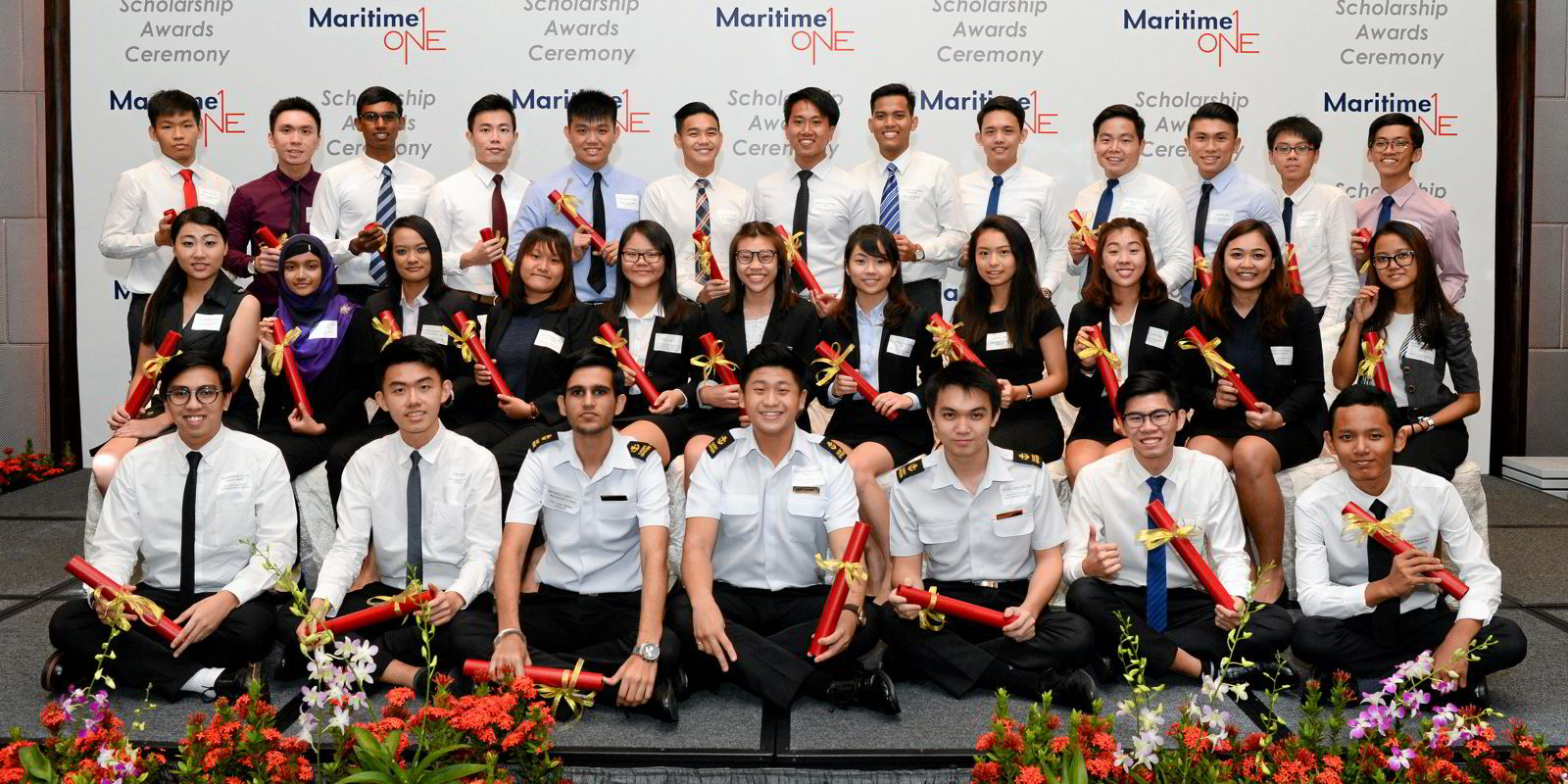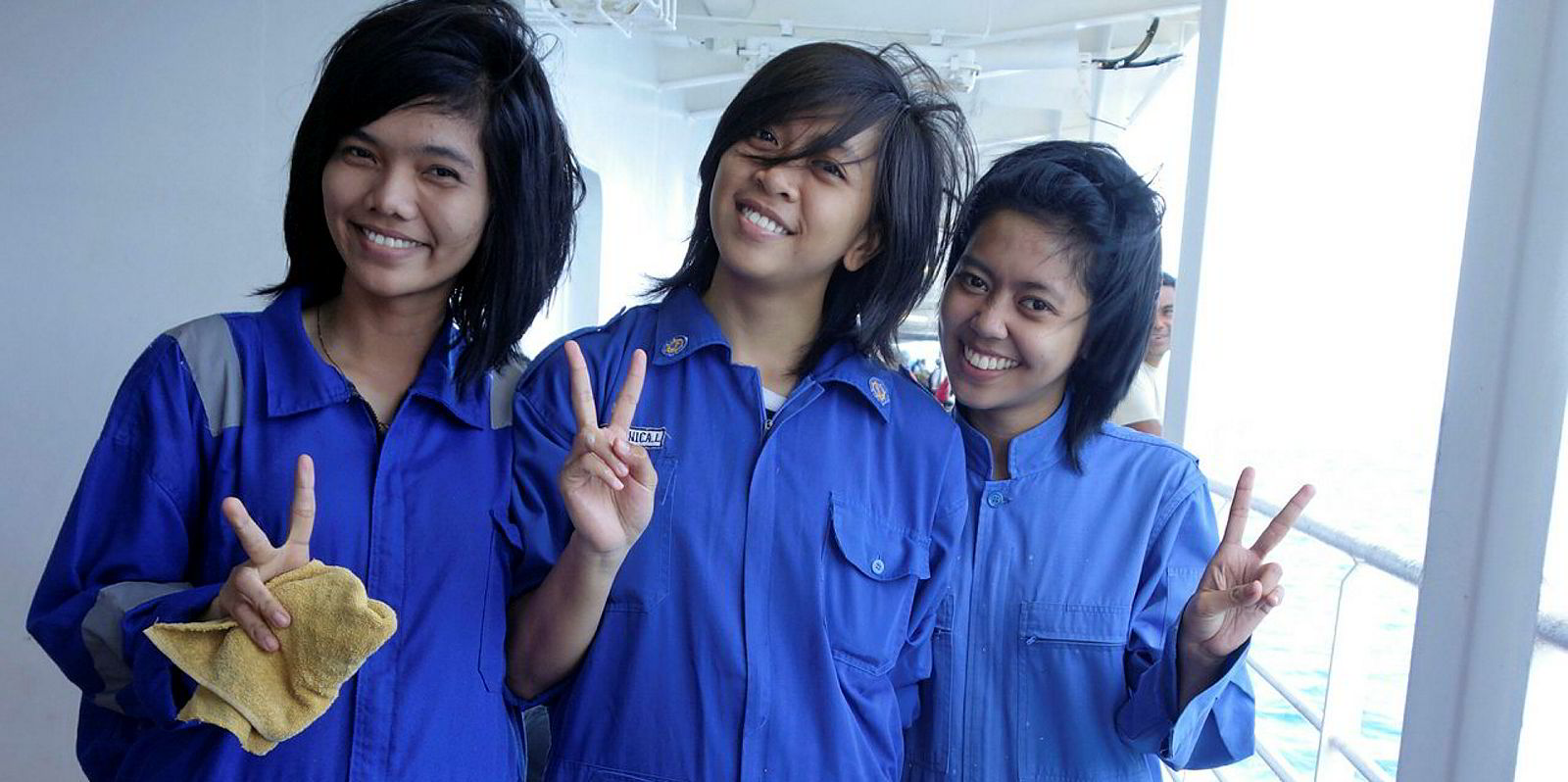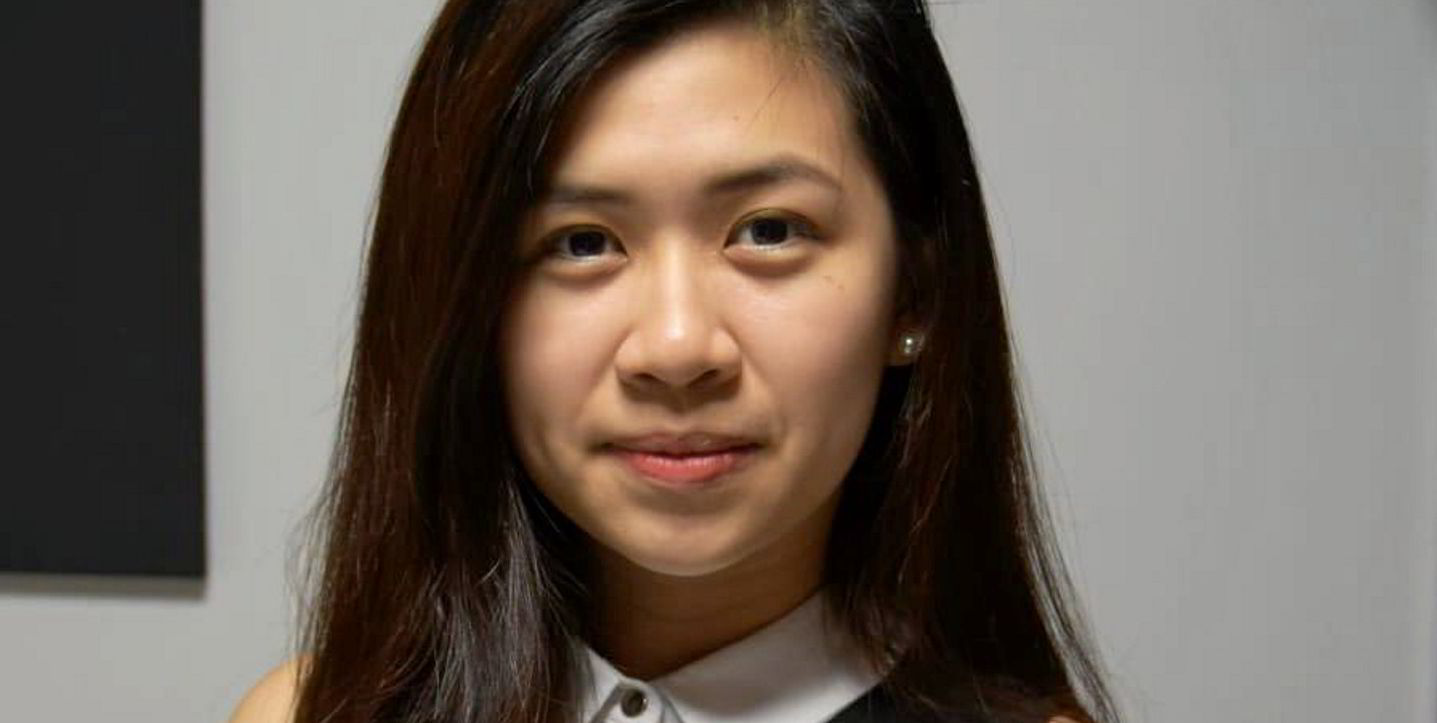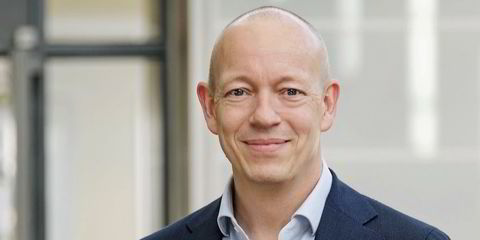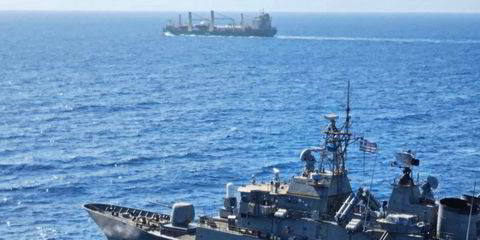Two of the latest recipients of Singapore’s MaritimeONE scholarships tell TradeWinds about the exciting career prospects they hope to gain by joining the shipping industry.
Saranya JS
Saranya is enrolled in the Singapore Polytechnic’s nautical studies programme, which will see her graduate as a deck officer in about two years’ time.
She discovered shipping through an industry outreach event at her school.
“After O-Levels [exams] I was 16 and looking to do something for my whole life,” she said. “I was just scrolling through a list of courses, and maritime studies piqued my interest.
“What shipping means to me is that I don’t have to stay in the same company, working nine to five in an office for the next 20 to 30 years. That is something that would bore me.
“Working on a ship would allow me to travel, meet new people and have financial stability. I thought everything about it very exciting.”
Saranya said that although it is not common for women to take a sailing path, her career route map will end with her reaching the highest possible rank — master of a containership.
After she eventually concludes her seagoing career, she would like to teach at the Singapore Maritime Academy.
Saranya was supposed to have begun her cadetship on a containership in the South Pacific this year, but restrictions on crew travel as a result of the Covid-19 pandemic delayed this until at least next year.
Liu Xiaowen
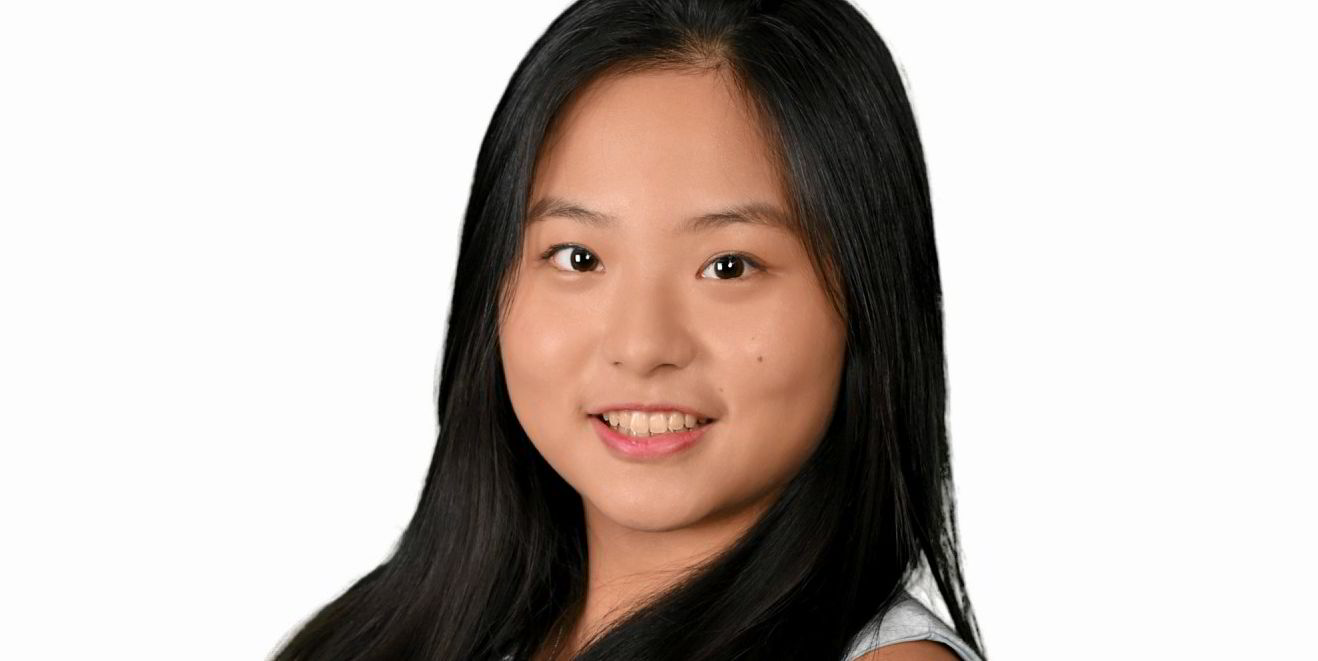
The second-year information systems student at the National University of Singapore (NUS) hopes her computing skills can help with the transformation underway in shipping.
She was intrigued and inspired by the maritime industry while growing up.
“My dad studied marine engineering and, from him and his friends, I heard many stories about seafaring. I didn’t understand the terminology, but I felt their passion,” she said
Although Liu’s field of study is not directly linked to shipping, she believes the skills she is learning will allow her to contribute to the industry’s technological advancement.
Her main area of interest is the ports sector. She plans to do an internship with PSA Singapore, where she hopes to take part in the development of a fully automated port.
There are still a lot of areas Liu has yet to explore for a potential career path. But wherever she ends up, she looks forward to applying the knowledge she is gaining at NUS.
